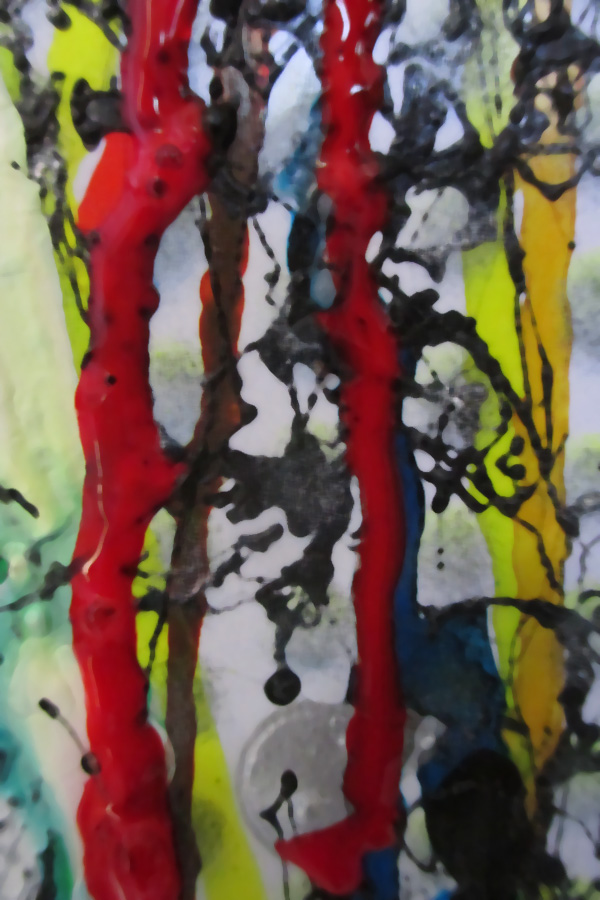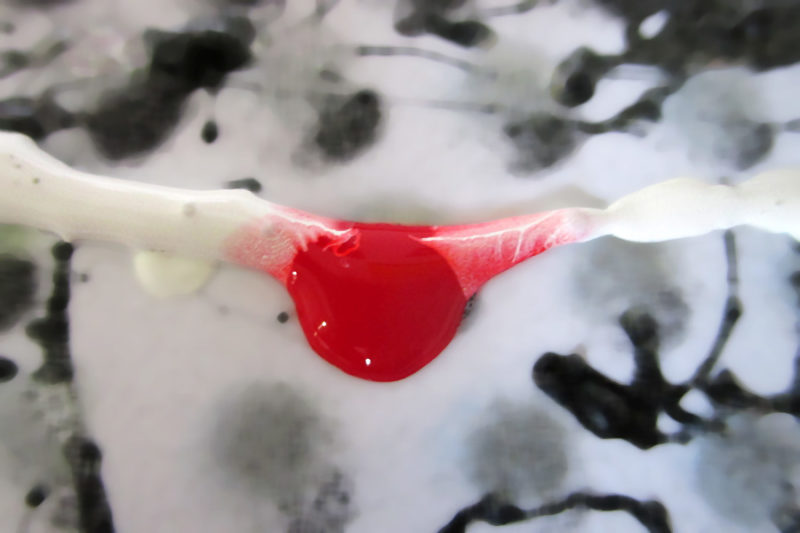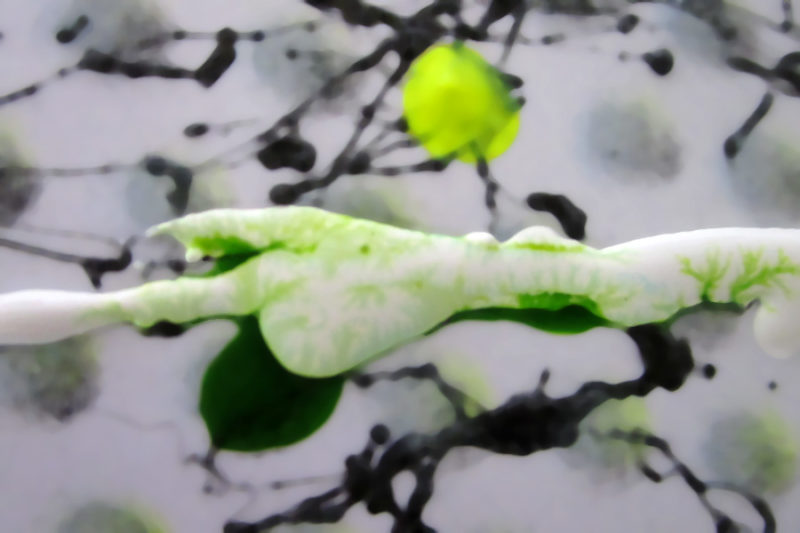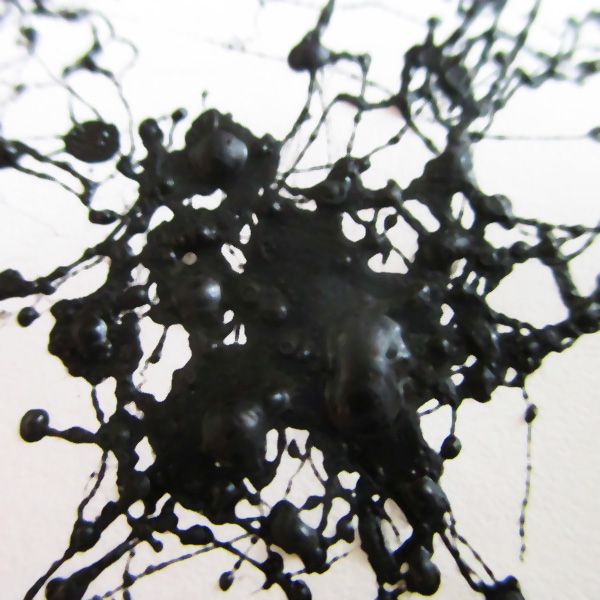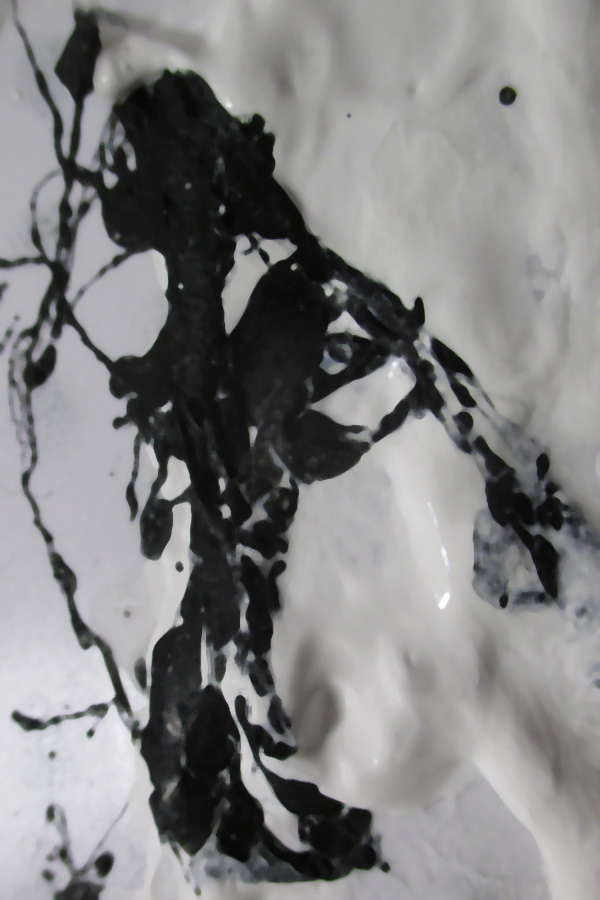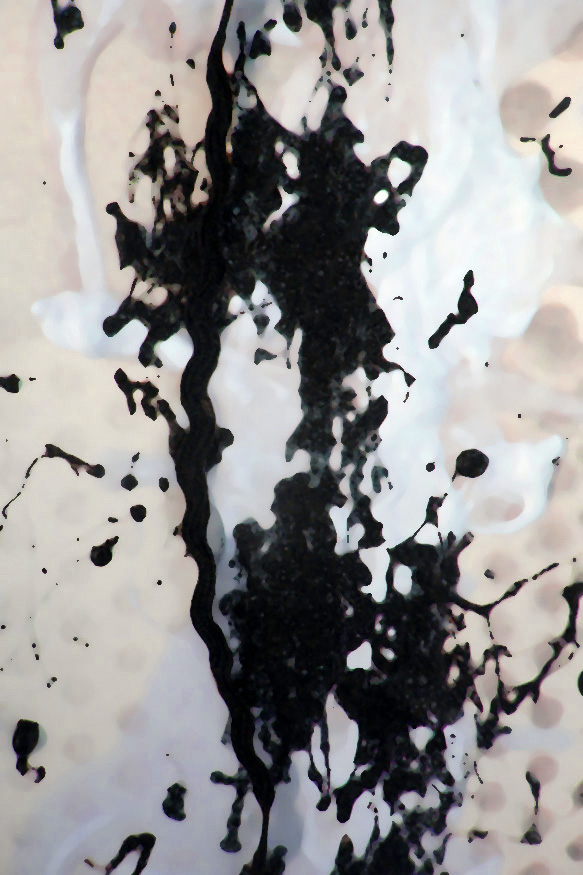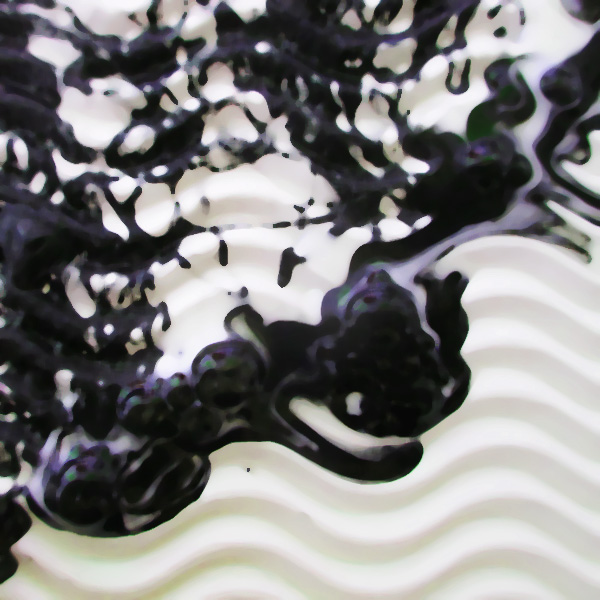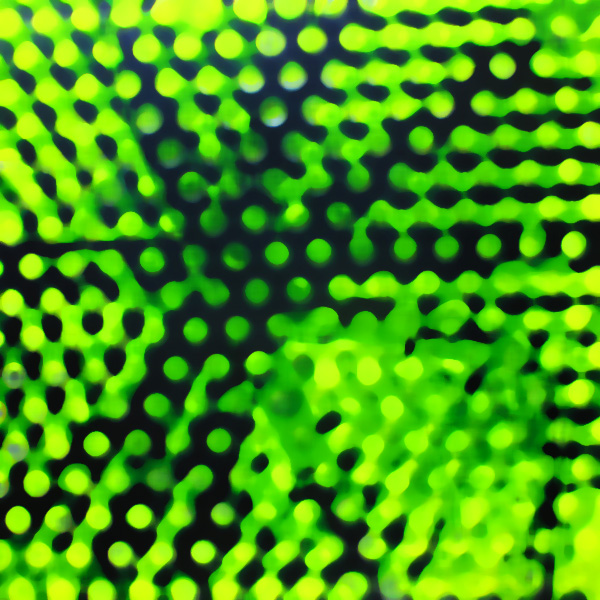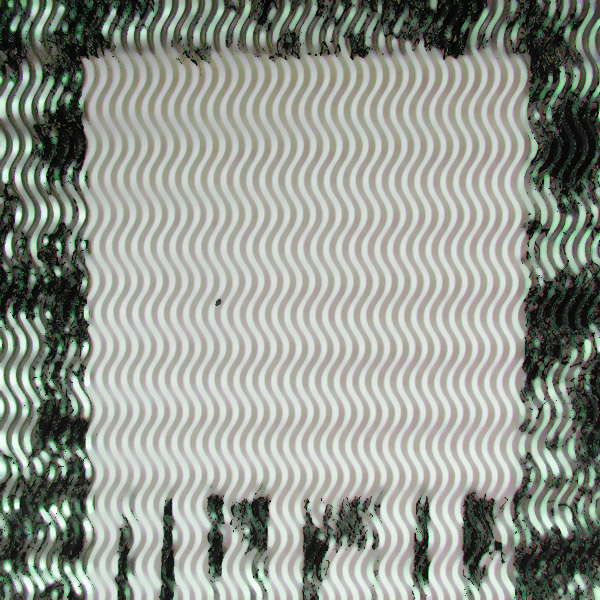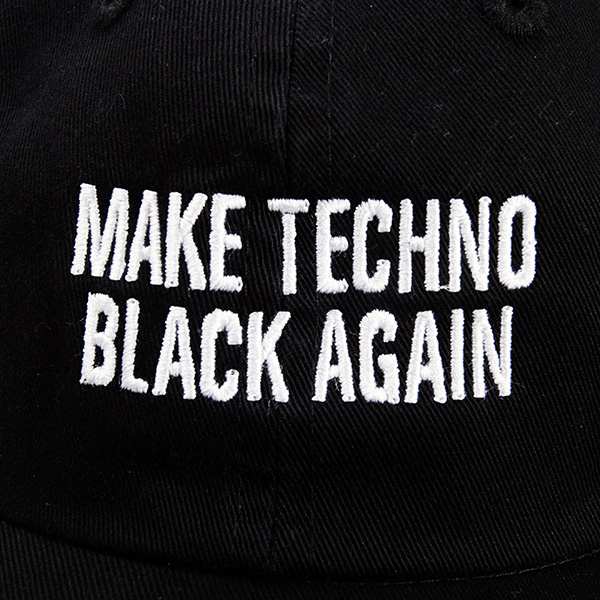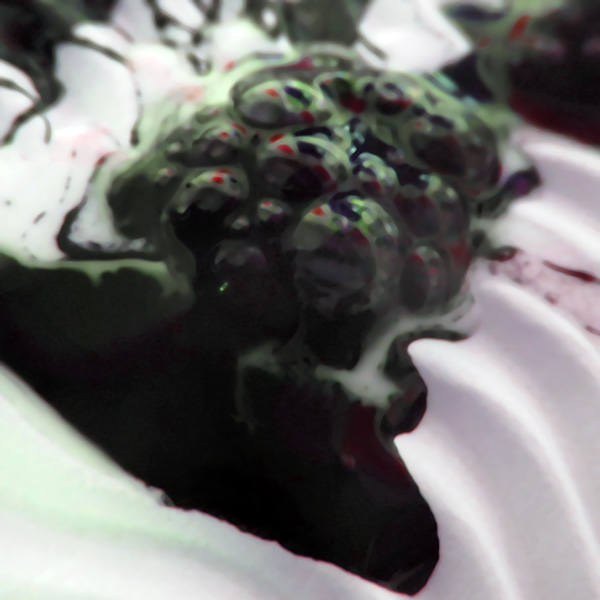this is poetry
The quality of light by which we scrutinize our lives has direct bearing upon the product which we live, and upon the changes which we hope to bring about through those lives. It is within this light that we form those ideas by which we pursue our magic and make it realized. This is poetry as illumination, for it
is through poetry that we give name to those ideas which are – until the poem – nameless and formless, about to be birthed, but already felt.
Audre Lorde in Poetry Is Not a Luxury, 1985
Concrete art is abstract art that is entirely free of any basis in observed reality and that has no symbolic meaning
The term was introduced by artist Theo van Doesburg in his 1930 Manifesto of Concrete Art. The manifesto was published in the first and only issue of the magazine Art Concret. He stated that there was nothing more concrete or more real than a line, a colour, or a plane (a flat area of colour).
The Swiss artist Max Bill later became the flag bearer for concrete art organising the first international exhibition in Basle in 1944. He stated that the aim of concrete art is to create ‘in a visible and tangible form things which did not previously exist – to represent abstract thoughts in a sensuous and tangible form’.
Affirmatie
Het Negatieve keert niet terug. Het Identieke keert niet terug. Het Zelfde en het Gelijkende, het Analoge en het Tegengestelde keren niet terug. Slechts de affirmatie keert terug, dat wil zeggen het Verschillende en het Ongelijksoortige. /p. 436/
De eeuwige terugkeer elimineert dat wat hem onmogelijk maakt door op zijn beurt het vervoer van het verschil onmogelijk te maken. Hij elimineert de vooronderstellingen van de representatie, namelijk het Zelfde en het Gelijkende, het Analoge en het Negatieve. Want de representatie en haar vooronderstellingen keren maar één keer terug en niet voor altijd, waarna ze voor altijd worden geëlimineerd. /p. 438/
Deleuze: Verschil en herhaling
diefstal
De Ideeën die uit de imperatieven voortvloeien zijn dan ook allerminst eigenschappen of attributen van een denkende substantie: ze komen en gaan slechts door deze barst in het Ik, die maakt dat er altijd en ander in mij denkt, een ander die zelf ook moet worden gedacht. Denken is allereerst diefstal.
Gilles Deleuze – Verschil en herhaling – p 299
Verschil en herhaling maakt op mij de indruk Deleuze’s meest academische werk te zijn. Het is taai en doorwrocht en roept weinig beelden bij mij op, in tegenstelling tot zijn latere werk. Bovenstaande citaat is aangenaam poëtisch en komt eenvoudiger bij mij binnen.
The Actual and the Virtual
a perpetual exchange between the actual object and its virtual image: the virtual image never stops becoming actual. The virtual image absorbs all of a character’s actuality, at the same time as the actual character is no more than a virtuality. This perpetual exchange between the virtual and the actual is what defines a crystal; and it is on the plane of immanence that crystals appear. The actual and the virtual coexist, and enter into a tight circuit which we are continually retracing from one to the other. This is no longer a singularization, but an individuation as process, the actual and its virtual: no longer an actualization but a crystallization. Pure virtuality no longer has to actualize itself, since it is a strict correlative of the actual with which it forms the tightest circuit. It is not so much that one cannot assign the terms ‘actual’ and ‘virtual’ to distinct objects, but rather that the two are indistinguishable.
Gilles Deleuze in gesprek met Claire Parnet
een geheim leven
Ons aller redding is een geheim leven dat weinig te maken heeft met het alledaagse of het astronomische, een taaie invloed die vecht tegen de gemakkelijke vlucht in min of meer kuddeachtig conformisme of rebellie;
Julio Cortázar, 62-bouwdoos, p. 58.
62-bouwdoos
Het leven van 62-bouwdoos, geschreven door Julio Cortázar, het leven van een groep vrienden in Parijs, het speels intelligent uitwisselen, het lijkt niet meer te bestaan.
Dit soort boeken wordt waarschijnlijk niet meer geschreven en zeker niet meer gelezen en dat zou mensen toch juist goed doen.
Vooral mannen lezen liever boeken met feitjes, ‘wetenschappelijke lectuur’, waarmee ze menen meer over het leven, de wereld om hen heen te begrijpen en waarmee eerder hun inzicht in het leven, de wereld om hen heen verloren raakt.
